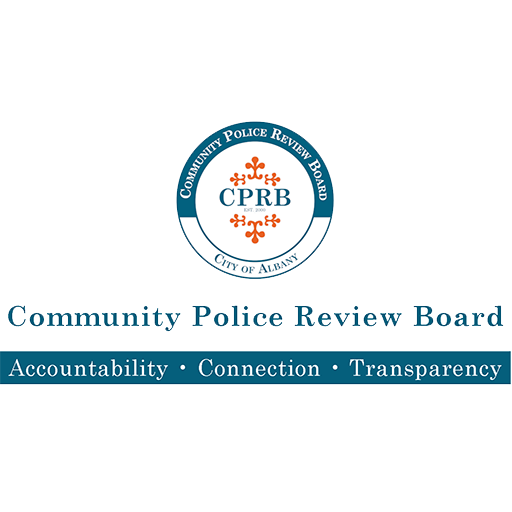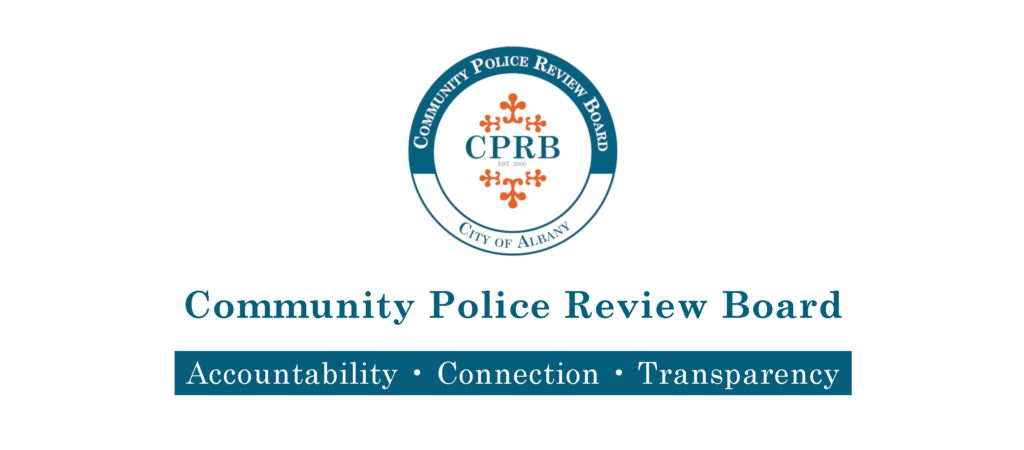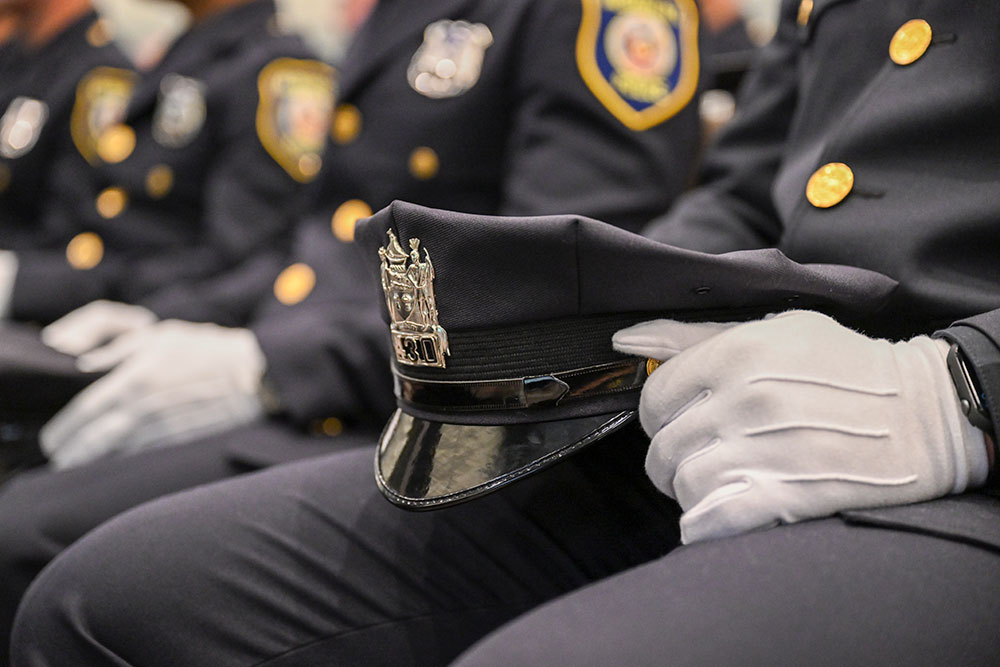About
The Albany Community Police Review Board’s mediation program allows community members and police officers to address complaints and concerns in a confidential, guided conversation.
Mediation is an alternative to the standard traditional investigative process.
This program is:
- An opportunity for all parties to meet, discuss their views, address misunderstandings, find agreement, and identify creative solutions;
- An alternative to the traditional investigation and disciplinary process; and
- A cooperative and voluntary process requiring the participating of all involved parties
Process and Eligibility
Mediation is an option for addressing most complaints. A complaint is not eligible for mediation if the case involves an allegation of criminal conduct against an officer, if the complaint is a result of an incident that involves an arrest, if there was an injury to either party, or if there was property damage by an officer.
Participation in the mediation program is voluntary. All parties must consent to participate.
File a complaint
You can file a complaint through CPRB or the Albany Police Department (APD). If you would like to resolve your complaint through mediation, you can request it on your complaint form.
The Program Manager will reach out to the complainant to discuss the mediation program.
If both parties consent to participate in a mediation session, the CPRB Program Manager will schedule a session.
If either party declines to participate, the complaint will be referred to the standard complaint process and investigated by APD’s Office of Professional Standards.
Neither party needs to provide a reason for rejecting mediation.
If both parties agree to mediation, the CPRB Program Manager will schedule a session.
If either party declines, the complaint will be resolved through the standard complaint process.
A trained mediator will facilitate the session.
Mediation sessions last about one to two hours. They can be held in person, following COVID-19 protocols, or virtually on Zoom.
The mediator will facilitate the conversation to ensure that the session is focused, constructive, and free of offensive or abusive language. All parties are expected to participate in good faith. Mediators do not determine who is right and who is wrong.
No one is required to apologize or come to an agreement.
Once mediation occurs, the complaint is considered “resolved.”
When all parties feel that an understanding about the issue has been reached, the complaint is considered “resolved.” The mediator will end the session and ask all parties to acknowledge that a resolution has been reached. At that point, the mediation process is considered successful and the CPRB closes the complaint.
Find out more
Contact the CPRB to learn more about the mediation program.


